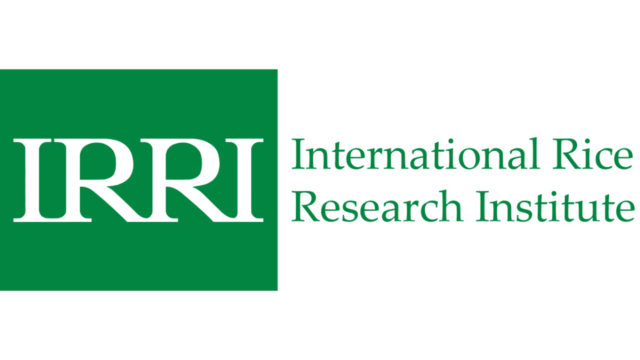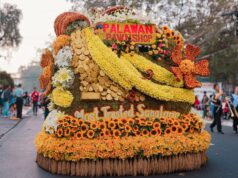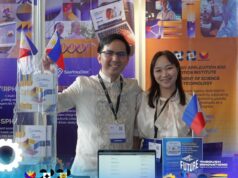LOS BAÑOS, Philippines (24 June 2024) – The Ministry of Agriculture, Forestry and Fisheries (MAFF) of Japan, the International Rice Research Institute (IRRI), and their partners gathered at IRRI Headquarters in Los Baños, Laguna on 24 June 2024 for the kick-off meeting of the “Development of Rice Cropping Systems Toward Carbon Neutrality and Food Security in ASEAN Countries” project.
Rice provides more than 20 percent of global caloric intake. While the crop has been crucial for food security, it is also a significant contributor to greenhouse gas (GHG) emissions, with methane from rice fields accounting for about 11 percent of agricultural emissions globally. This five-year initiative, a key component of the ASEAN-CGIAR Innovate for Food Regional Program targets climate neutrality and circular agriculture by significantly reducing greenhouse gas emissions in rice production. Starting in the Philippines and Vietnam, it aims to set the stage for sustainable agricultural practices across ASEAN countries.
Dr. Joanna Kane-Potaka emphasized the significance of the collaboration, “This project is a transformative milestone for agriculture in the ASEAN region. It signifies a concerted effort to integrate sustainability into rice farming, a critical step toward reducing the agricultural sector’s environmental impact. We are excited to further strengthen our partnership with MAFF and pioneer solutions that benefit the agriculture sector.”
“Japan is proud to be the first Asian country to contribute to this program, which aims to enhance the resilience of ASEAN agri-food systems against climate change while achieving food security. I believe in IRRI’s research, development, and communication capabilities in delivering and scaling low-carbon rice cropping systems successfully,” said Teruya Sakaida, MAFF Deputy Director General.
The project is set to initially focus on the Philippines and Vietnam, with potential expansion to other ASEAN countries based on demand and partnership development, and will run from 2024 to 2029. With overall objectives centered on developing low-carbon rice cropping systems, this initiative is expected to produce scaling strategies for the following objectives:
- Reducing GHG Emissions: Identify hotspots through life cycle assessment and validate rice innovations that enhance productivity and reduce GHG emissions.
- Developing Low-Carbon Practices: Co-design and co-develop low-carbon crop management practices and cropping systems with stakeholders.
- Ensuring Food Security: Develop and propose strategies for scaling these innovations across ASEAN countries to ensure long-term food security and achieve carbon neutrality.
Implementation strategies involve co-developing and testing integrated low-carbon farming practices. This includes characterizing rice-growing environments to identify key intervention areas for reducing GHG emissions, establishing partnerships with public and private sector stakeholders, and testing the performance of these practices through on-station and on-farm experiments. Additionally, scaling strategies will be developed, engaging the private sector mechanisms to ensure widespread adoption.
The project will also screen new component technologies for reducing GHG emissions and improving rice productivity. This involves creating an inventory of promising technologies, evaluating their performance, and publishing technology briefs and scientific papers.
“This project represents a pivotal moment in our efforts to combat climate change while ensuring food security in the ASEAN region. By integrating innovative low-carbon practices into rice farming, we aim to reduce greenhouse gas emissions significantly and enhance agricultural sustainability. Our collaboration with MAFF and ASEAN member states will drive impactful solutions that benefit both farmers and the environment, paving the way for a more resilient and sustainable future for rice production,” said Dr. Jongsoo Shin, IRRI Regional Director for Asia and the ASEAN-CGIAR Innovate for Food Program Lead.





